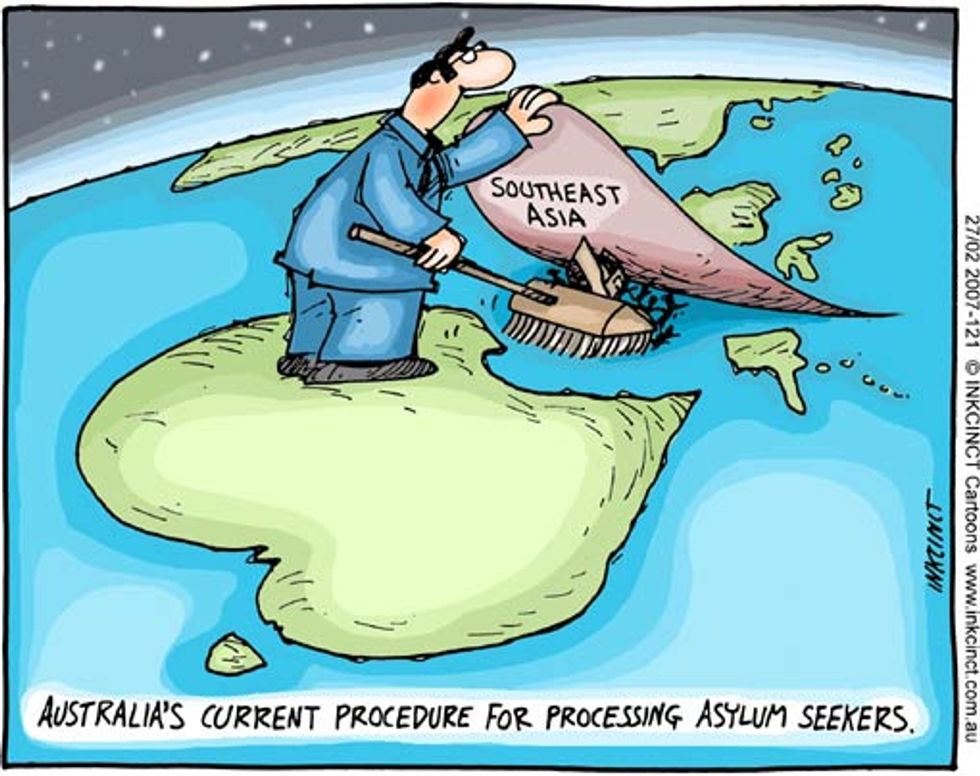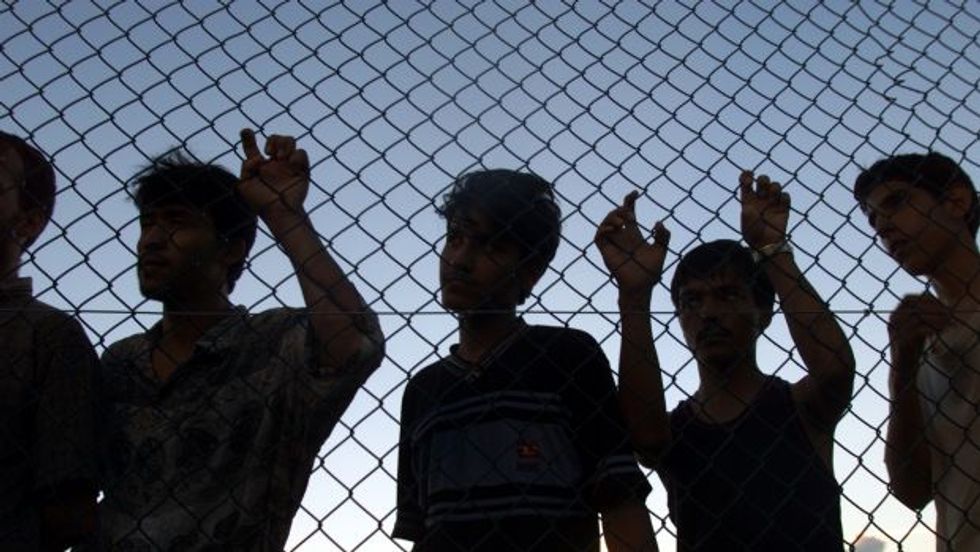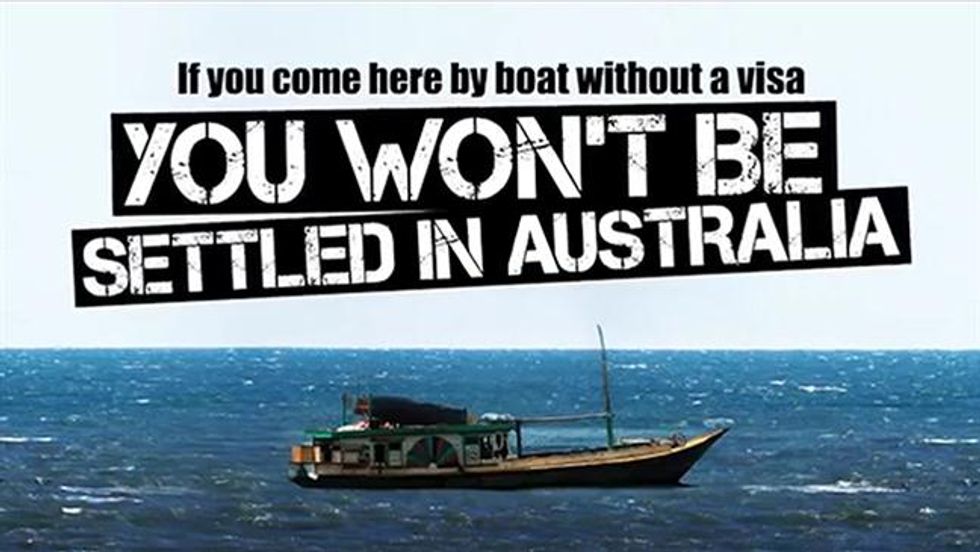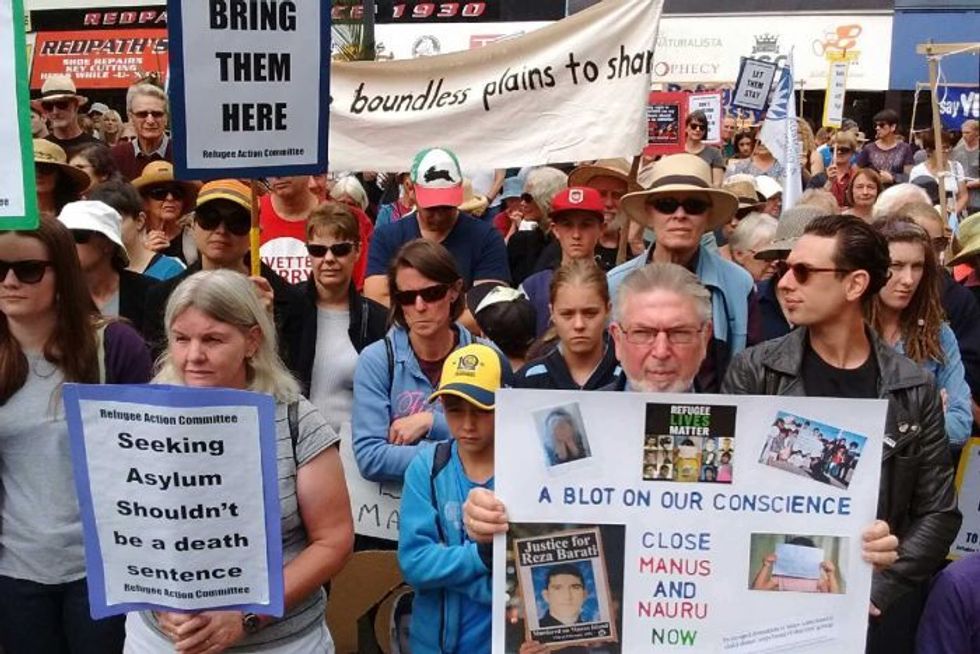When we think of a migration crisis, we think Europe. The media shows us throngs of people grasping at the sandy beaches of Greece, fighting the waves in rafts. Migration is not a new concept, and the migration to Europe is not the only humanitarian crisis. After many years, we are starting to recognize the struggles of the Rohingya. But, perhaps one tragedy that has been lost is that of the asylum seekers kept in Papua New Guinea in Australia.
To provide some context, both of Australia's leading political parties, the ruling Liberal-National coalition and the Labour opposition lean towards tougher immigration laws. And in 2013, they introduced 'Operation Sovereign Borders'. For the past four years, Australia has been paying Papua New Guinea and Nauru, two small islands closest to Australia, to house asylum seekers attempting to enter the country illegally via boats.
The asylum seekers are thus, processed in the PNG or Nauru. The caveat is that, even if they are granted status as a refugee, they would be resettled in the PNG or Nauru, not Australia - prompting claims against Australia of racial bias. The biggest concerns come from the standards of these offshore processing facilities. There have been reports of rape and abuse of the asylum seekers (especially women and children) by security guards, service providers, refugees, or even the locals. When François Crépeau, a UN special rapporteur on human rights visited Australia in November of 2016, he claimed that Australia has "clear and undeniable responsibility" for the atrocities and that their human rights record has been permanently tarnished.

While Australia's resettlement programme has been widely praised, new fears rise as Australia tears down these facilities, leaving people stranded in legal limbo. The center was declared closed after a ruling by Papua New Guinea's Supreme Court stating that the detention of these asylum seekers was unconstitutional. The country has since pushed the problem to the Australian officials.
Around 600 asylum seeker have refused to leave the island of Manus in Papua New Guines, and have since been without electricity or clean water or food. They are meant to be transferred to a transit center, where they will be vetted by American authorities as a part of a refugee swap deal. The men, however, fear local reprisal and violence against them. This is also part of an effort to push these asylum seekers to return to their homes. Many in the public are marching to push the government to bring these asylum seekers to safety in Australia. Whatever the next plan of action is, hopefully, it will happen quickly enough.






















